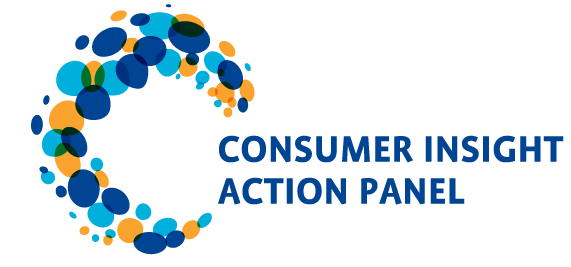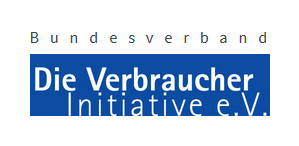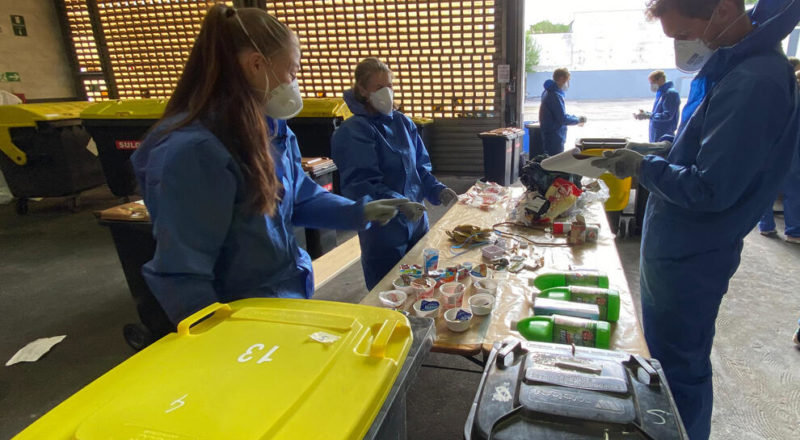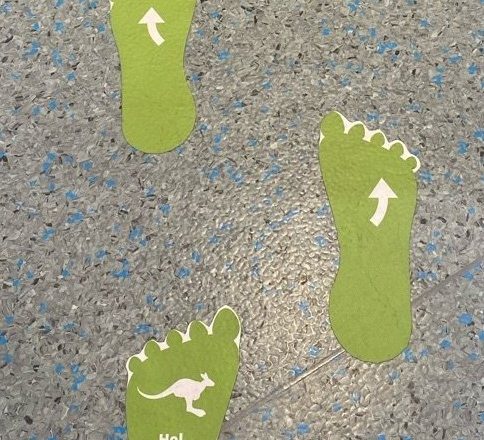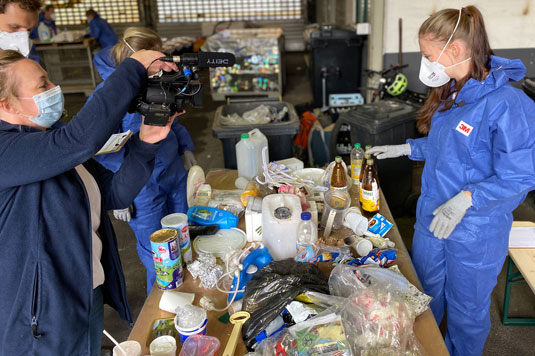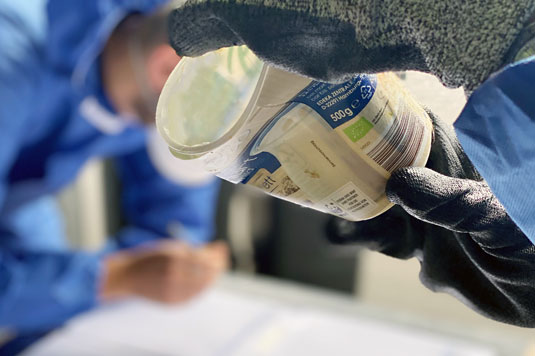The transition to the Circular Economy needs collaboration. That’s why the first German festival on circular economy is an open social innovation event, calling on all relevant actors to join hands in accelerating the transition.
Digital community “Zukunft anPacken!
More and more packaging and rising waste volumes are an increasing challenge. Sustainable packaging reduction and optimization are therefore necessary. Over the next 11 months, a current project, which includes the online consumer-community “Zukunft anPacken!”, will investigate how this can be achieved.
Ways out of the plastic flood
Wuppertal. On average, Germans generate 227.5 kg of packaging waste per capita per year, of which only around 70 % is recycled. The Collaborating Centre on Sustainable Consumption and Production (Wuppertal) and the Consumer Initiative (Berlin) want to reduce the amount of waste and increase the recycling rate.
Circular Packaging from a Consumer Perspective
Many companies shy away from converting well-established packaging, knowing that routine and recognition effects are of enormous importance for the purchasing habits of consumers. But, since a great portion of today’s packaging is not yet recyclable, change is inevitable. So, how can the transition to more sustainable packaging succeed? As part of the Consumer Insight Action Panel (CIAP) packaging club, we accompanied new packaging pilots to find solutions.
Household Waste Analysis Results: Packaging Design Key in Consumer Sorting Practices
Increased circularity in the packaging sector requires more recyclable materials, but also better sorting practices from consumers. But what influences certain consumer behaviours when it comes to waste sorting? What types of packaging and instructions promote or hinder circular behaviours? The CIAP’s Club for Sustainable Packaging Solutions addressed these questions hands-on: with a household waste analysis in the city of Solingen.
Household Waste Analysis in Solingen: Enhancing Better Sorting from a Consumer Perspective
What can garbage bins reveal about consumer waste sorting practices and underlying behaviours? How can such information be used to improve waste separation? Is behaviour change or a change in the product package design the best solution in a specific case? The Club for Sustainable Packaging Solutions, as part of CIAP (Consumer Insight Action Panel), conducted a household waste analysis in Solingen to shed new light on potential interventions for more sustainable practices in waste management.
